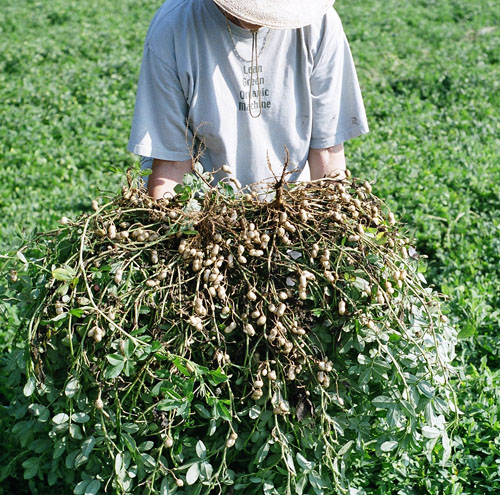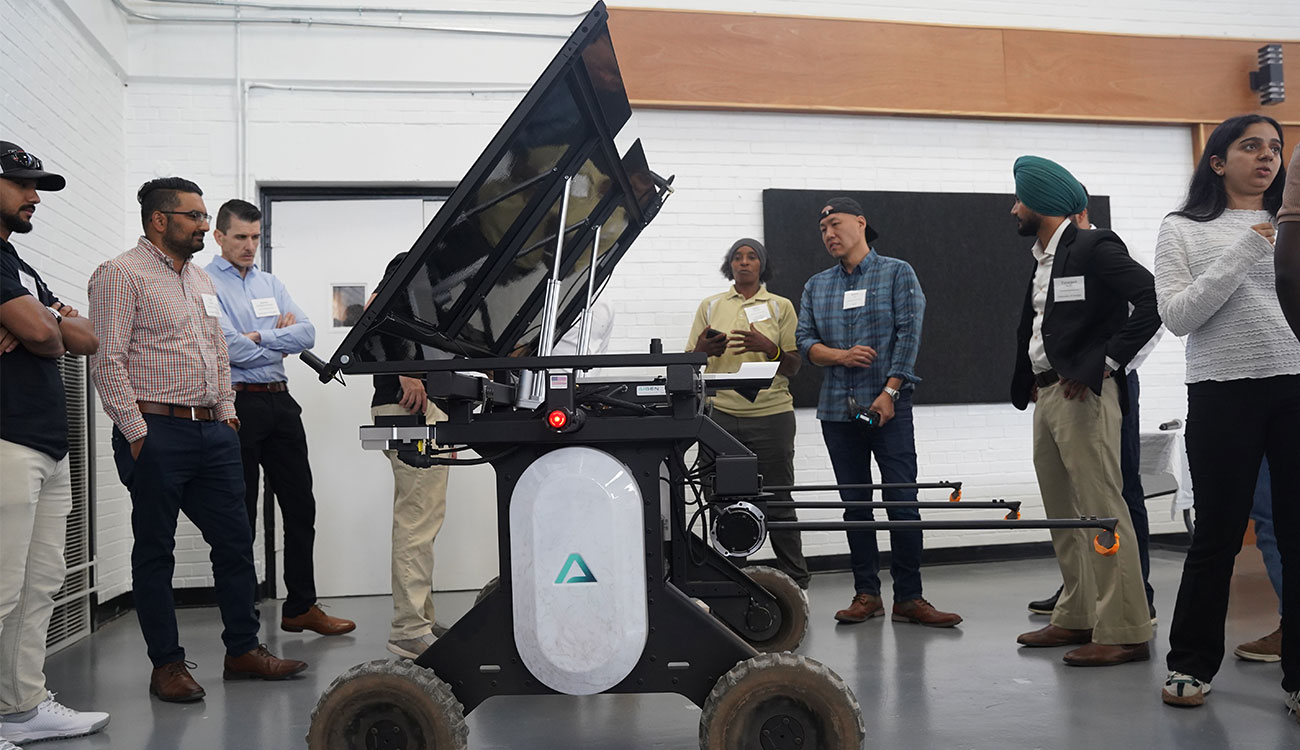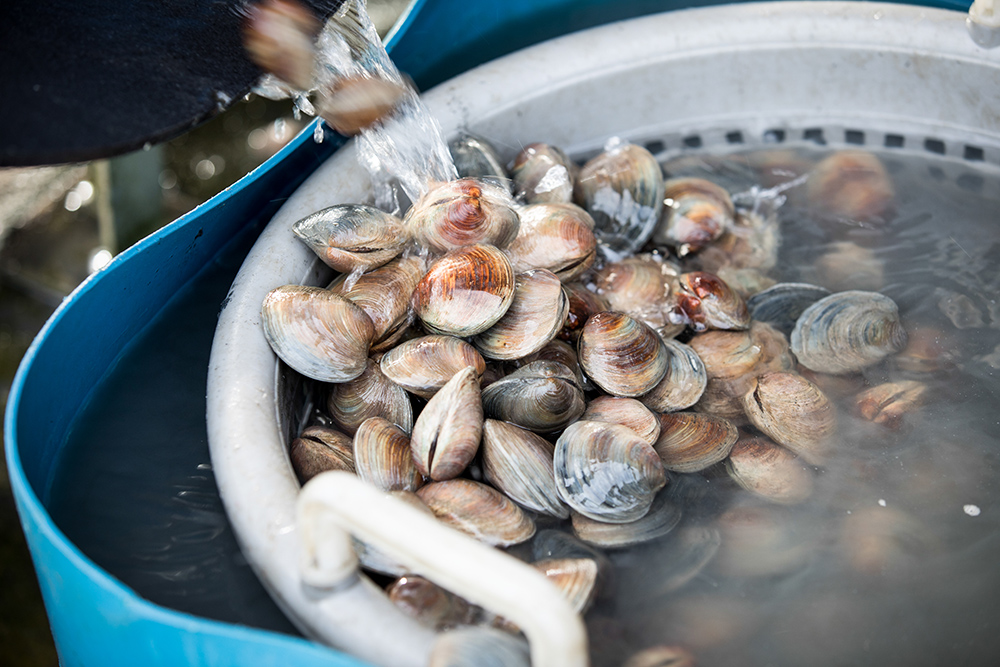Georgia farmers grow more than 45 percent of the nation’s peanut supply, but almost none of the organic peanuts that a growing number of consumers want.
Out of over a half million acres of peanuts, few to none are certified organic. Just one acre of peanuts in Georgia can make 30,000 peanut butter sandwiches, but organic peanut butters at the grocery store aren’t likely to contain any Georgia peanuts.
Carroll Johnson, a USDA research agronomist working at the University of Georgia campus in Tifton, is trying to change that fact.
Switching career streams
“Call it a later mid-life crisis. I decided I was going to do something different the last quarter of my career,” Johnson said. “So I decided to get into organic crop production research and organic weed control.”
Johnson became interested in organics because of the lack of applicable research in that field, while the needs of conventional production were already being addressed. At the same time, he saw a growing demand for organic peanuts used in organic peanut butter.
Texas peanut butter or Georgia peanut butter?
According to Johnson, the majority of organic peanuts produced in the U.S. that go into peanut butter come from a single operation in west Texas and eastern New Mexico. Under a co-op, one operator grows, shells, blanches, roasts and even processes peanuts into peanut butter.
But that farming land is at an elevation of 5,000 feet, has a short growing season and grows a short-season variety with half of the yield potential of the runner peanut varieties grown in Georgia.
“We can do it better here,” Johnson said. “It’s going to take somebody to open some doors and take some chances on the shelling end for farmers to have a way to sell them. But farmers can serve that demand.”
Field trials at the Sunbelt Ag Expo
Standing before an organic peanut trial at the recent Sunbelt Ag Expo Field Day in Moultrie, he held up a container of organic peanut butter processed by a North Carolina company — with peanuts from Argentina.
“The best this company in North Carolina can do — bless their heart — is to get (peanuts) from Argentina. And we can do it better in Georgia,” he said. “What’s lacking is somebody to buy them in Georgia, somebody to blanche them, somebody to shell them.”
Admittedly, growing conditions in west Texas and Argentina are different from Georgia.
Weeds
Johnson says that the purpose of his research program is to give growers information and ideas on how to deal with weeds in an organic peanut system in Georgia.
Organic producers rely on mechanical cultivation — physically turning over the soil — to deal with weeds instead of chemical herbicides. Weeds can get out of hand when conditions don’t permit mechanical cultivation. This happened over the summer with the organic peanuts trials at the Ag Expo when heavy rains created standing water.
“The delays that caused these weeds to get away are real-world for organic growers,” Johnson said. “When you’re relying heavily on cultivation for weed control, if you get delayed, or you try to cultivate when the soil’s wet — you don’t get adequate weed control.”
“You’ve got to be very adaptable and very flexible when you deal with this production system,” he said.
Under better conditions at organic production trials conducted in conjunction with the UGA College of Agriculture and Environmental Sciences in Tifton, results were entirely different. One continuous two-acre planting of three varieties yielded over 5,000 pounds per acre with mechanical cultivation alone.
High-residue cover cropping experiments
Johnson is set to embark on a new experiment in organic production that has shown promising results in mid-Atlantic states and at the Rodale Institute in Pennsylvania. Using a tractor with GPS auto-steer and a front-mounted roller-crimper, Johnson’s technicians will roll, crimp and plant peanuts in one pass in a “super-high residue” cover crop.
The high-residue cover crop suppresses weed growth until the peanuts are well established.
Johnson says his research shows that organic production systems for peanuts work in Georgia.
He also encourages conventional producers to consider organic production as an additional market opportunity.
“There’s a fairly large segment of our society that will pay an extra dollar for organic peanuts,” he said. “The quicker we accept that, and the quicker we try to serve that demand, the quicker we have this as a niche market in smaller acreage,” Johnson said.
A processing void
According to Johnson, Georgia farmers can grow organic peanuts; they just need processing to get those peanuts to market.
“The growers I’ve been working with know how to grow them,” he said. “The inability to sell them is what’s standing in the way of expanding this.”
In addition to peanuts, Johnson is overseeing organic trials of soybeans, millet and Southern peas for the Sunbelt Ag Expo on October 16-18.








